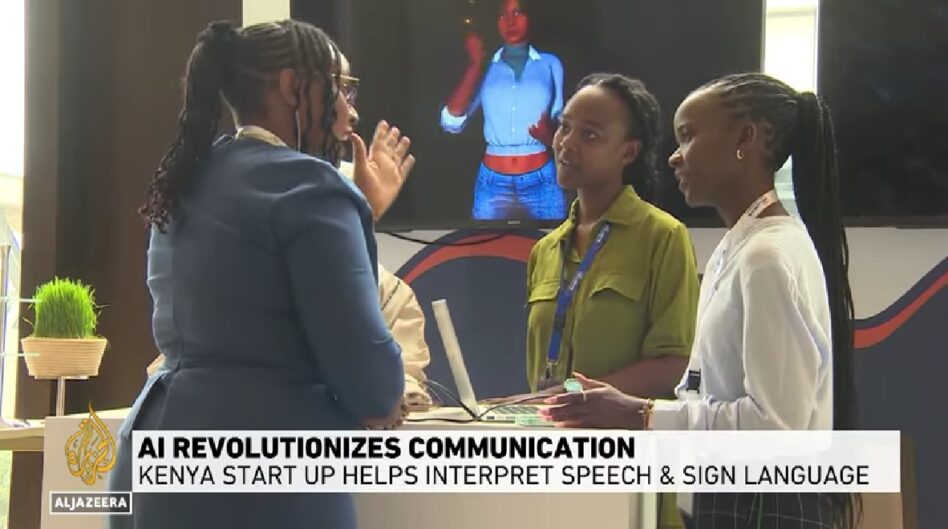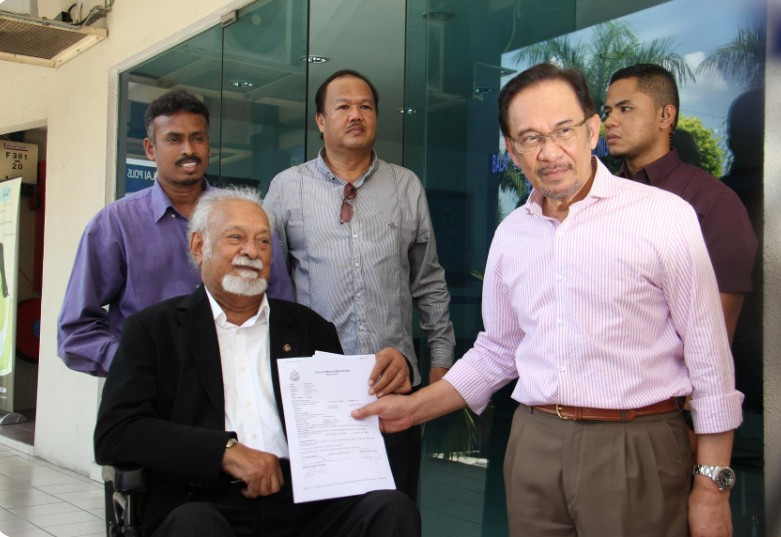Editor’s Note: Please read our latest article entitled “Perhaps nothing alarming that EPF pares down its stake below 5% in Top Glove” which was published on Jan 9.
HAVING just filed a story applauding the Big Four glove makers for their overwhelming performance at today’s market close just moments ago, it seems that the Employees Provident Fund (EPF) has thrown in a spoiler which otherwise would mean a weekend worth cherishing for Top Glove Corp Bhd.
In a just released filing, the retirement fund announced that it has ceased to be a substantial shareholder of the world’s largest glove maker as per Section 139 of Companies Act 2016.
This follows the disposal of 40 million shares by Citigroup Nominees (Tempatan) Sdn Bhd on its behalf on Jan 5. After this sale, the EPF is left with 392.85 million shares or a 4.9% stake.
Prior to this, EPF’s shareholding in Top Glove was 5.39% or 432.85 million shares on Monday (Jan 4).
Against the increasingly stringent environment, social and corporate governance (ESG) standards being pursued by institutional investors these days, EPF’s action could be seen as echoing that of Blackrock and Norges Bank Investment Management (NBIM) who voted against six of Top Glove’s independent non-executive directors at the company’s recent annual general meeting (AGM).
Moreover, EPF’s recent exit as Top Glove’s substantial shareholder bears semblance to what the retirement fund did to AirAsia Bhd when the budget carrier was embroiled in graft allegation early this year.
An update to Blackrock’s action, Reuters reported that Top Glove has defended its board by justifying that “its independent directors have served an average of six years and that the board meets regularly to discuss the pandemic and other governance matters”.
Commenting on EPF’s latest move, the Minority Shareholder Watch Group CEO Devanesan Evanson stressed the need to observe the retirement fund’s pattern of trades to try and discern its attitude towards ESG issues that impact its investee companies.
“But then again, it may be because EPF wants to realise its investments,” he told FocusM.
“Ceasing to be a substantial shareholder, ie below 5% per se, may not be very telling. If there is a substantial consistent unloading of the shares, there may be an inference that EPF is not happy about the state of (Top Glove’s) ESG.”
What is certain, however, is that big institutional investors are placing emphasis on ESG matters. “As such, they may sometimes try and distance themselves from companies which have gross ESG issues,” added Devanesan. – Jan 8, 2021









